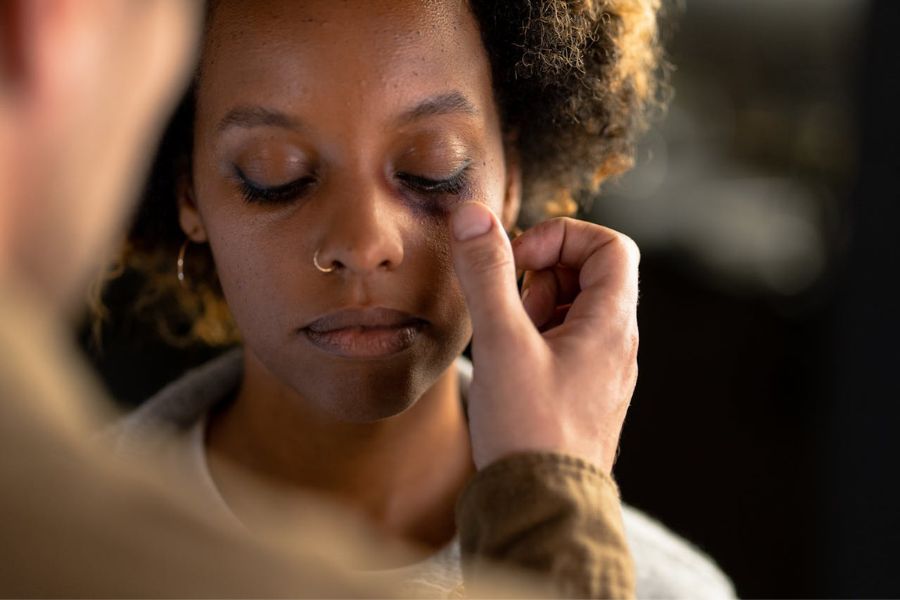Travelling opens the door to new experiences, but unexpected medical issues can complicate even the best-planned trips. Whether seeking emergency care or elective procedures, receiving treatment in a foreign country carries certain risks. Differences in healthcare standards, legal protections, and communication barriers can make it challenging to ensure safe and effective medical care.
Medical malpractice is a concern for travellers, as not all healthcare systems provide the same level of patient safety. Without proper precautions, individuals may find themselves dealing with misdiagnoses, surgical errors, or substandard treatment. Understanding healthcare laws, choosing the right medical facility, and knowing where to seek legal help can reduce these risks. By taking the necessary steps before and during a trip, travellers can protect themselves and ensure they receive quality care when needed.
Understanding Your Legal Protections
Travelling should be an exciting experience, but unexpected medical issues can arise. Seeking treatment in an unfamiliar country adds risks, especially if medical malpractice occurs. Before a trip, researching local healthcare regulations and patient rights can provide some peace of mind. Knowing where to turn if something goes wrong is equally important. Some legal experts offer free consultations and get paid when you win the case, as seen on the www.hoovermedicalmalpracticelaw.com website. This can be reassuring, especially when dealing with foreign legal systems that may differ significantly from those at home.
Understanding travel insurance policies is another way to protect yourself. Some plans include coverage for medical malpractice claims, offering an added layer of security. Reading the fine print can prevent surprises, particularly when dealing with exclusions related to pre-existing conditions or specific treatments.
Researching Healthcare Standards Before Travelling
Medical care varies significantly across the world, and the quality of treatment available depends on the country, region, and even the specific facility. Some nations have strict healthcare regulations, modern hospitals, and highly trained professionals, while others may lack proper oversight or struggle with outdated equipment. Before travelling, looking into the healthcare standards of a destination can prevent unpleasant surprises in case of an emergency.
International healthcare rankings can offer a general idea of how a country’s medical system compares to others. Organizations such as the World Health Organization (WHO) and the Joint Commission International (JCI) provide accreditation to hospitals that meet high patient safety and quality standards. Checking whether hospitals in a travel destination hold these certifications can provide reassurance about their reliability.
Government and embassy websites often publish lists of recommended medical facilities for travellers. These hospitals typically have English-speaking staff and are accustomed to treating international patients. Expat communities and travel forums can also be valuable resources for firsthand experiences with local healthcare. Reviews from other travellers can highlight potential concerns, such as long wait times, unclean conditions, or difficulty in obtaining necessary medications.
Choosing the Right Medical Facility
Emergencies can leave little time for research, but when seeking non-urgent care, selecting a reliable medical facility can significantly impact the quality of treatment received. Healthcare standards vary widely across countries, and not all hospitals adhere to strict safety protocols. Some facilities cater specifically to international patients, offering high-quality services with English-speaking staff and internationally accredited doctors. These hospitals are often a safer choice compared to smaller, lesser-known clinics that may lack proper oversight.
Before travelling, researching hospitals and clinics in the destination country can help narrow down options. Online platforms that review medical facilities can provide insight into patient experiences, but it’s wise to cross-check information from multiple sources. Expats, travel forums, and embassy recommendations can be valuable resources, as firsthand accounts often highlight concerns that official websites may not disclose.
Communicating Clearly with Healthcare Providers

Language barriers can create misunderstandings that impact treatment. Carrying a translated document with essential medical information—such as allergies, pre-existing conditions, and medications—can be helpful. Some translation apps specialize in medical terminology, making communication easier.
When discussing treatments or procedures, asking for a second opinion can be beneficial. If something feels unclear, requesting written instructions can help prevent miscommunication. Doctors who take the time to explain diagnoses and treatment options thoroughly tend to be more reliable.
Understanding Medical Records and Documentation
Keeping copies of medical records is useful when travelling. These can assist in case of a medical emergency, follow-up treatments, or disputes regarding care received. Digital copies stored securely online allow for easy access if physical documents are lost.
After receiving treatment abroad, requesting detailed records can be beneficial. This includes doctor’s notes, test results, prescriptions, and receipts. If legal action becomes necessary, having well-documented records strengthens a case.
Knowing When to Seek Legal Help
If medical malpractice is suspected while abroad, taking the right steps early on can make a difference in protecting your rights. Each country has its legal framework for handling medical negligence, and filing a claim can be complicated, especially with language barriers and unfamiliar legal procedures. Understanding the time limits for pursuing legal action is essential, as some countries have much shorter statutes of limitations than others. Acting quickly ensures that important evidence, such as medical records and witness statements, is preserved.
Seeking advice from a legal expert who specializes in international medical malpractice cases is often the best course of action. Some lawyers focus on helping travellers and expatriates navigate foreign legal systems, providing guidance on how to move forward. Embassies and consulates can be valuable resources, often maintaining lists of reputable local attorneys who speak multiple languages and have experience dealing with foreign clients. Online legal directories and traveller forums may also offer recommendations based on past cases.
In cases where negligence is suspected, gathering thorough documentation is essential. Keeping records of medical procedures, prescriptions, and any communication with healthcare providers strengthens a potential claim. Photographs of injuries, written testimonies from other patients or staff, and receipts for treatments received can serve as crucial evidence. If the hospital or clinic is unwilling to provide medical records, contacting a lawyer as soon as possible can help in obtaining necessary documents through legal channels.
Seeking medical treatment in a foreign country comes with unique challenges, but preparation can reduce risks. Understanding local healthcare laws, researching medical facilities, and carrying essential medical records can make a significant difference. Clear communication with healthcare providers helps prevent misunderstandings, while travel insurance offers an extra layer of protection.
If medical malpractice occurs, knowing where to seek legal help can be crucial. Acting quickly and gathering proper documentation increases the chances of resolving a dispute effectively. With the right precautions, travellers can focus on enjoying their journey while staying prepared for any unexpected medical situations.


















